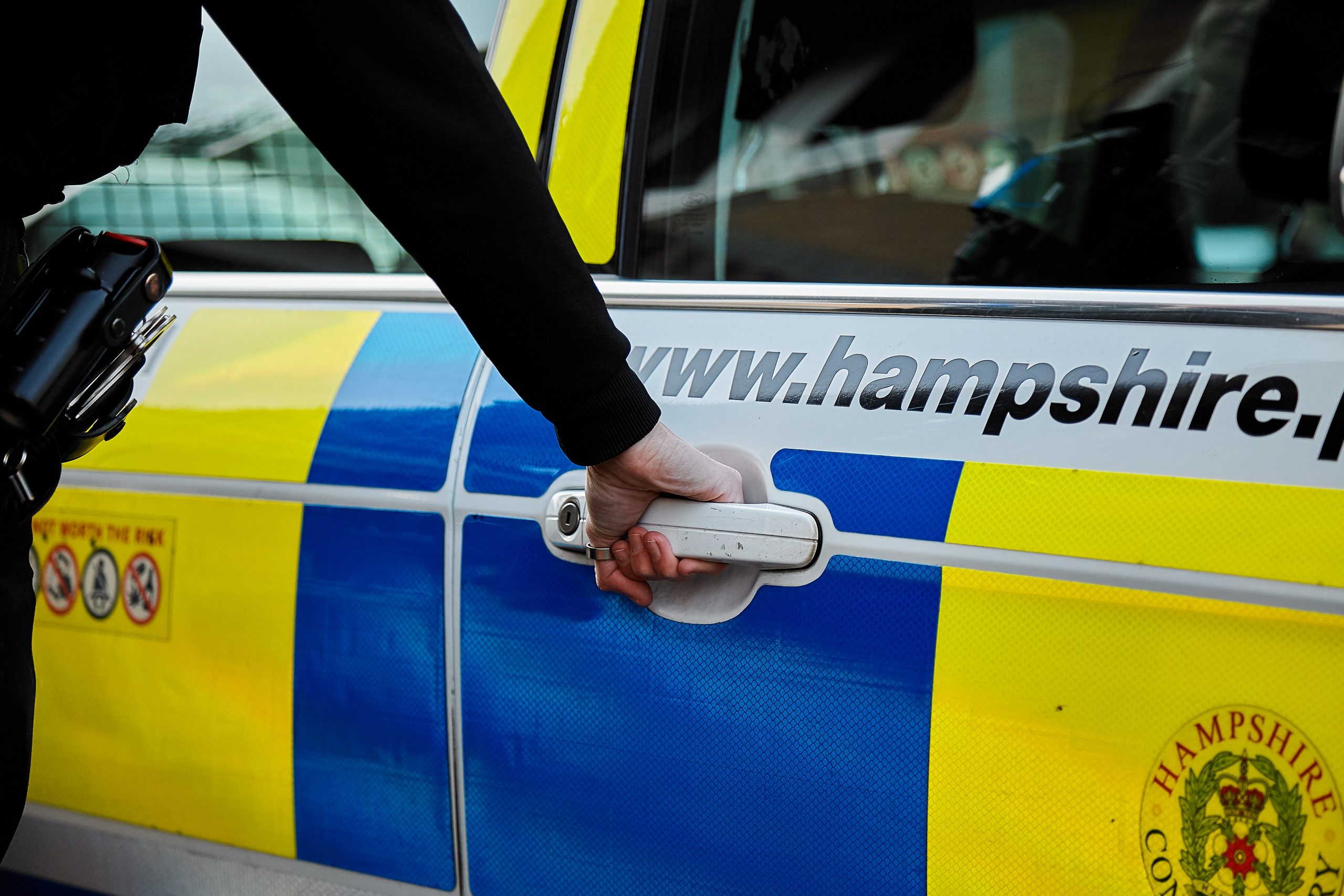Legislation to protect police drivers must be amended so officers aren’t at risk of criminalisation
POOR legislation that puts officers at risk of being criminalised following pursuits needs to be amended so officers can safely respond to emergency calls, Zoë Wakefield, Chair of Hampshire Police Federation has warned.
Zoe was speaking about the Police, Crime, Sentencing and Courts Bill – currently going through Parliament, which has been criticised for not going far enough in driver protections.
The issue was raised at the Police Federation of England and Wales’ annual conference this month.
Tim Rogers, PFEW’s National Driver Training and Pursuits Lead, said the current legislation leaves police drivers vulnerable: it is illegal to engage in pursuit or response drives. This is because there are no exemptions in law that take into account the high level of specialised training officers are given.
All driving standards are measured against that of a non-police trained ‘competent and careful driver’.
Through the Police, Crime, Courts and Sentencing Bill, which is expected to gain Royal Assent in the new year, police officers will be better protected, thanks to years of PFEW lobbying.
A new legal test will be applied meaning their driving will be measured against that of a ‘careful and competent police driver’- but would still leave them exposed.
An officer will be licenced to drive in accordance to what they have been trained to do but nothing more. Performing a manoeuvre which is not trained or in policy is likely to fall into the new definition of dangerous and careless driving under a new test against the careful and competent police driver.
Zoë said: “It is really disappointing there’s a flaw in it because we were all hoping this was going to be the solution; this was going to prevent anybody else going through that ridiculous process of being charged and having to stand up in court.
“We certainly can’t get to a point where we’re having to advise officers, ‘Don’t respond. Just drive at normal driving pace and stick to all the rules of the road’, because that’s potentially putting members of the public’s lives at risk.
“And officers just won’t. It puts them in an impossible position because what do they do? Do they either drive at normal speed where somebody’s potentially going to become more serious injured or worse? Or do they put themselves at risk by driving as they’ve been trained to drive but possibly face going to court and losing their jobs? Our primary role as police officers is to save life and limb.”
